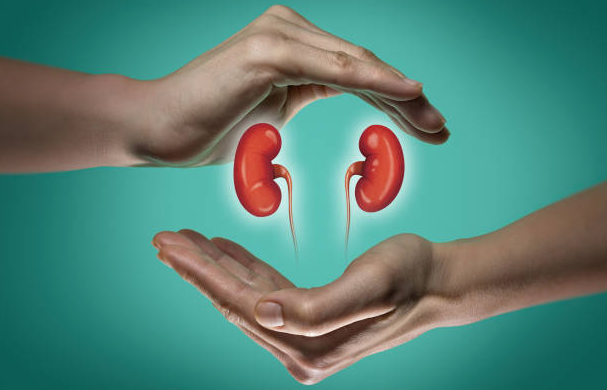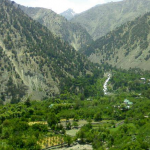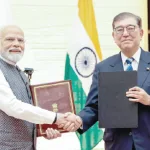Ramadan is the ninth lunar month of Islamic (Hijri) calendar. It is a sacred month for Muslims all over the world. As per the Islamic religion, fasting during the month of Ramadan is mandatory for all healthy adult Muslims and is considered one of the 5 pillars of Islam.
As per the Islamic tradition, Muslims are prohibited from eating food, drinking water and even taking medications from early morning (dawn) to late evening (sunset) daily for the entire holy month of Ramadan. Also Muslims in different parts of the world may be exposed to diverse environmental conditions and temperatures. Since the Islamic calendar follows a lunar cycle, the beginning of the Islamic year moves ahead 11 days every year as compared to the solar (English) year.
Hence the month of Ramadan happens at different times of the seasonal year over a 33-year cycle. This means that the Ramadan fasting period may occur in different environmental conditions between years even in the same country. Another corollary of this is that the fasting hours can vary from 12 to 18 h, depending on the seasonal and geographical characteristics.
As per the Holy Quran, patients for whom fasting may be detrimental to health can be exempted from fasting. Despite this, each year I come across many patients who express their eagerness to observe the fast to respect their religious customs and traditions.
Kidney plays a critical role in maintaining fluid and electrolyte balance during health besides excreting toxins. Also most patients with kidney disease are on multiple medications to control blood pressure and maintain fluid and electrolyte balance. Diabetes is one of the leading causes of CKD and these patients are on medications to control blood sugars also.
Hence all patients with kidney disease are at risk of dehydration and also hypertension and electrolyte imbalance if they resort to fasting during Ramadan. In addition Diabetic patients are at risk of sever alterations in blood sugar levels both hypoglycemia as well as hyperglycemia. These can have life threatening consequences on general health as well as kidney function
Kidney transplant is a unique treatment which allows the restoration of renal function and the enhancement of survival for CKD patients. It enables them to resume normal family life activities including fasting. However they need to be on lifelong immunosuppression besides few other medications.
The question about the safety of fasting in kidney transplant has been evaluated in a number of research studies over the last 2 decades. The major concern in transplant patients is that dehydration, and the subsequent renal hypoperfusion during fasting may result in deterioration in renal function or facilitate rejection episodes.
Since tacrolimus and MMF are to be taken at 12 hourly intervals, it is advisable to switch these patients to tacrolimus once daily (OD) formulations and Azathiporine in anticipation of the Ramadan period especially if a fasting period of more than 12 hours is anticipated. This should be done after due counseling and well in advance of the Ramadan period and the kidney function and Tacrolimus levels monitored and stabilized in advance. Some of them are also on antidiabetic medication. In general Diabetic patients should be counseled against fasting in view of the risk of hypoglycemia.
Most studies have found no significant difference in the frequency of acute complications during Ramadan in kidney transplant patients who had normal renal function or mildly impaired kidney function when they were fasting as compared to the non-fasting groups. This is valid for patients who took their medicines regularly either twice daily (with fasting period not exceeding 12 hrs) or were on once daily medications. No deterioration in renal function or rejection episodes was observed during or after Ramadan.
It is advisable that such patients should get their blood test done during Ramadan and follow up wit their Nephrologists. For patients with moderate to severe impaired kidney function there remain concerns amongst Nephrologists about possible adverse impact of fasting on kidney diseases and hence they should avoid fasting.
In conclusion it is unsafe for CKD patients to fast during Ramadan and the Holy Quran exempts patients from fasting. It may be possible for a select subgroup of kidney transplant patients and those with early kidney disease (stage 1 and Stage 2 CKD) to fast during Holy Ramadan if these patients are more than one year and having stable kidney function and are not diabetic.
This should be planned well in advance with their treating nephrologists. These patients should make sure that they continue to take medications without interruption as per schedule. However it is not advised for kidney transplant patients with moderate to severe impaired renal function and CKD 3 to CKD 5.
For more information on Kidney related issues please subscribe to my YouTube Channel “TheKidney Klinic” or visit my website www.kidneyklinic.com
(The Author is President Elect, India Society of Nephrology. Principal Director Nephrology and Kidney Transplant Fortis Group of Hospitals, NCR)








